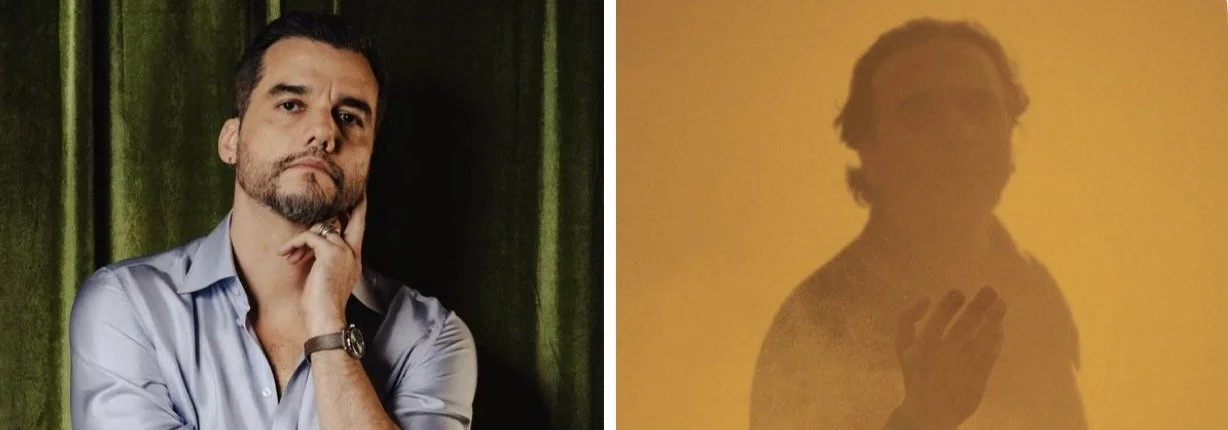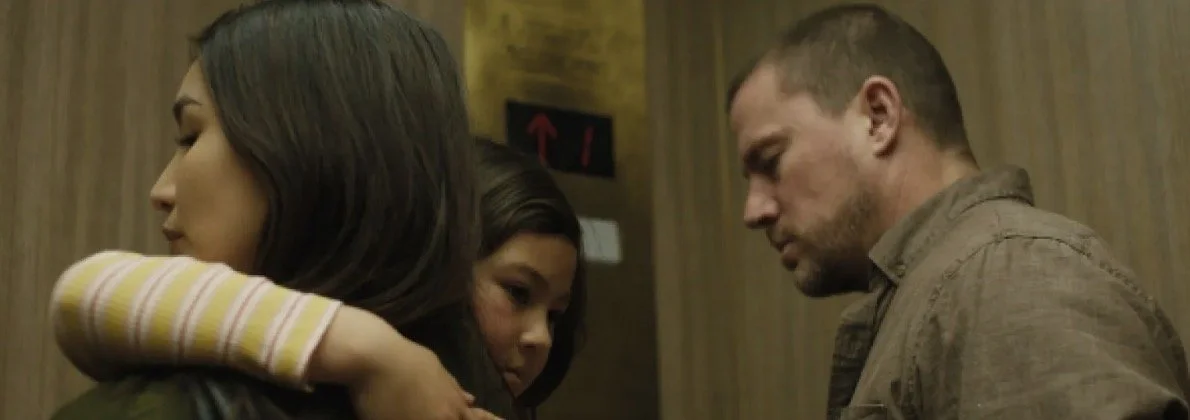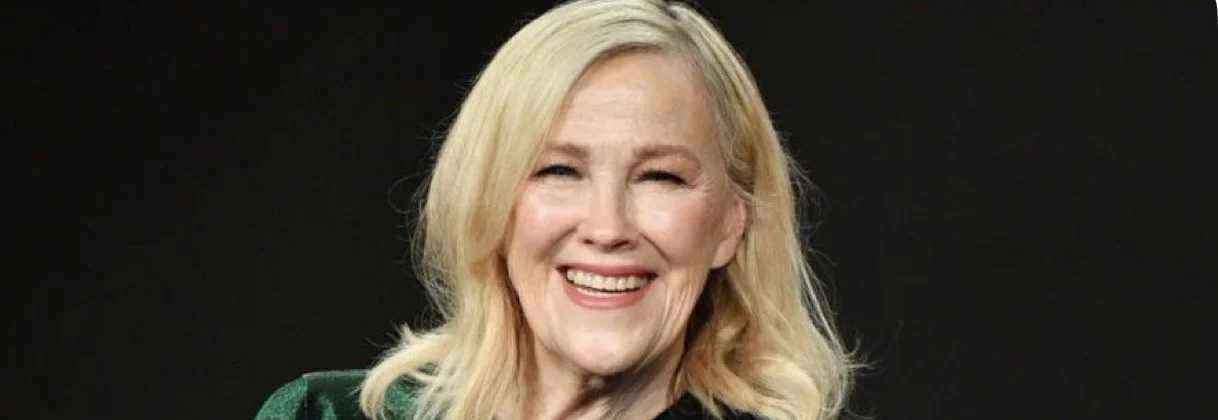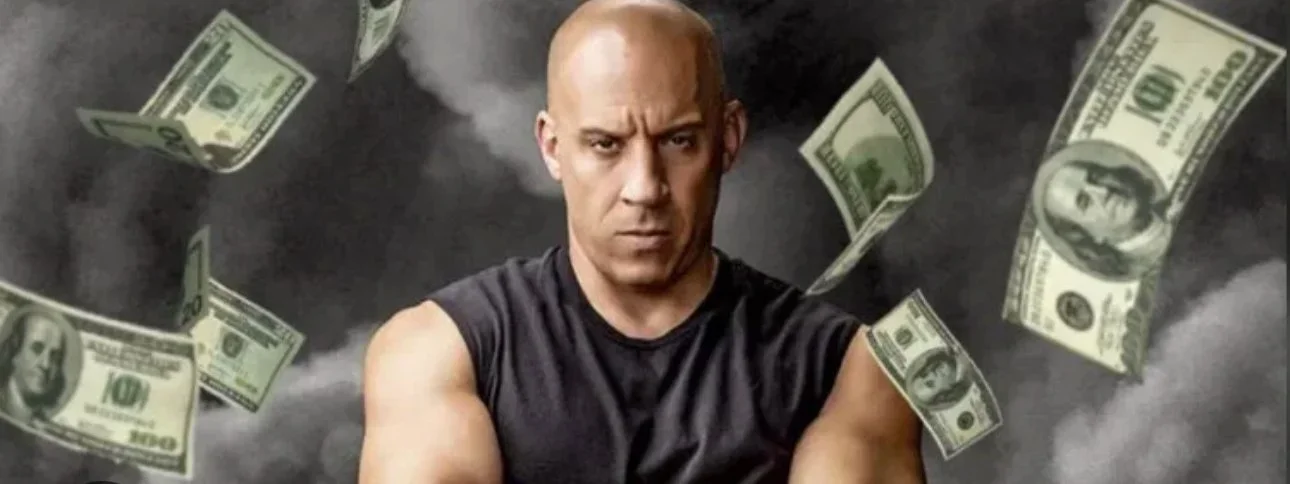Half a century on, 1975 feels like a moment of transition — the New Hollywood movement still in full bloom, but with the first hints of the blockbuster era creeping in. The studio system, still reeling from the upheaval of the late ’60s, had learned to bet on risky visions by young filmmakers, but a certain corporate instinct was starting to creep in. The auteur-driven grit of the early ’70s was at its peak, but then “Jaws” happened and two years later, “Star Wars.”
The Oscars crowned “One Flew Over the Cuckoo’s Nest” as Best Picture — one of the rare Academy choices that still feels earned. Milos Forman’s adaptation of Ken Kesey’s novel was anarchic and humane, anchored by Jack Nicholson’s incredible performance and Louise Fletcher’s quietly terrifying Nurse Ratched. It swept the “Big Five” Oscars (Picture, Director, Actor, Actress, Screenplay), the kind of consensus win the Academy rarely achieves.
Yet 1975’s most seismic shift didn’t happen at the Oscars. Steven Spielberg’s “Jaws,” a lean, relentless thriller that dominated the summer, became the first true summer blockbuster, rewriting Hollywood’s business model overnight. What gets lost in the “shark movie” shorthand is how formally precise and patient it is — the kind of craftsmanship that today’s tentpoles rarely bother with.
Stanley Kubrick’s “Barry Lyndon” confounded audiences upon release — too slow, too painterly, too cold, they said — but time has transformed it into one of the decade’s supreme achievements, a meticulously composed tragedy lit by candles and Kubrick’s legendary cynicism.
Over in Europe, Pier Paolo Pasolini shocked Cannes with “Salò, or the 120 Days of Sodom,” a film that still provokes walkouts and moral arguments to this day. It wasn’t in competition. Instead, Mohammed Lakhdar-Hamina’s “Chronicles of the Year of Fire” won the Palme, besting such titles as Scorsese’s “Alice Doesn’t Live Here Anymore,” Bob Fosse’s “Lenny,” Herzog’s “The Enigma of Kaspar Hauser,” and Antonioni’s “The Passenger.”
Sidney Lumet, riding high off “Serpico” and “Murder on the Orient Express,” delivered “Dog Day Afternoon,” a sweaty, claustrophobic, true-crime drama where Al Pacino’s desperate bank robber became an unlikely counterculture hero. And Robert Altman’s “Nashville,” sprawling, a mosaic tapestry of American disillusionment via country music. Without it, there’d be no “Magnolia.”
It was also the year of “Monty Python and the Holy Grail,” which turned Arthurian legend into absurdist hilarity; “Picnic at Hanging Rock,” Peter Weir’s haunting tone poem from Australia; and “Grey Gardens,” the Maysles brothers’ eerily intimate documentary that feels even stranger now than it did then.
1975 quietly birthed two of the decade’s most criminally undervalued works: Walter Hill’s “Hard Times,” and Arthur Penn’s “Night Moves.”
Hill’s Depression-era bruiser had Charles Bronson playing Chaney, a mysterious drifter who wanders into town and discovers the underground world of bare-knuckle prizefighting. Meanwhile, Penn’s neo-noir followed Gene Hackman’s weary private eye Harry Moseby into a murky labyrinth of adultery, deception, set in the Floridian swamp — a slow-burn character study disguised as a detective thriller, where every revelation only deepens the confusion.
The Best Films of 1975
Barry Lyndon (Stanley Kubrick)
One Flew Over the Cuckoo’s Nest (Milos Forman)
Dog Day Afternoon (Sidney Lumet)
Nashville (Robert Altman)
Jaws (Steven Spielberg)
Picnic at Hanging Rock (Peter Weir)
The Passenger (Michelangelo Antonioni)
Seven Beauties (Lina Wertmuller)
Three Days of Condor (Sydney Pollack)
Hard Times (Walter Hill)
Monty Python and the Holy Grail (Terry Gilliam)






